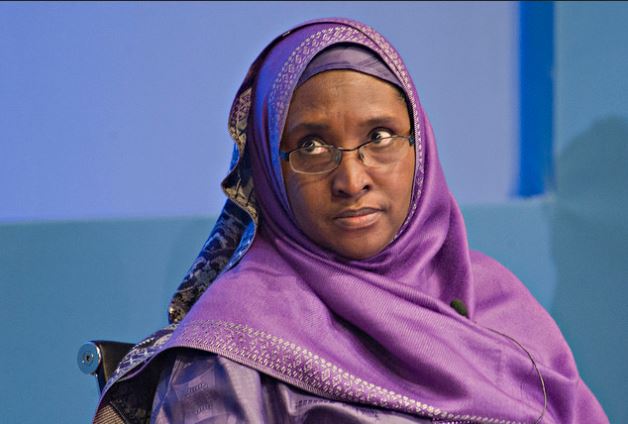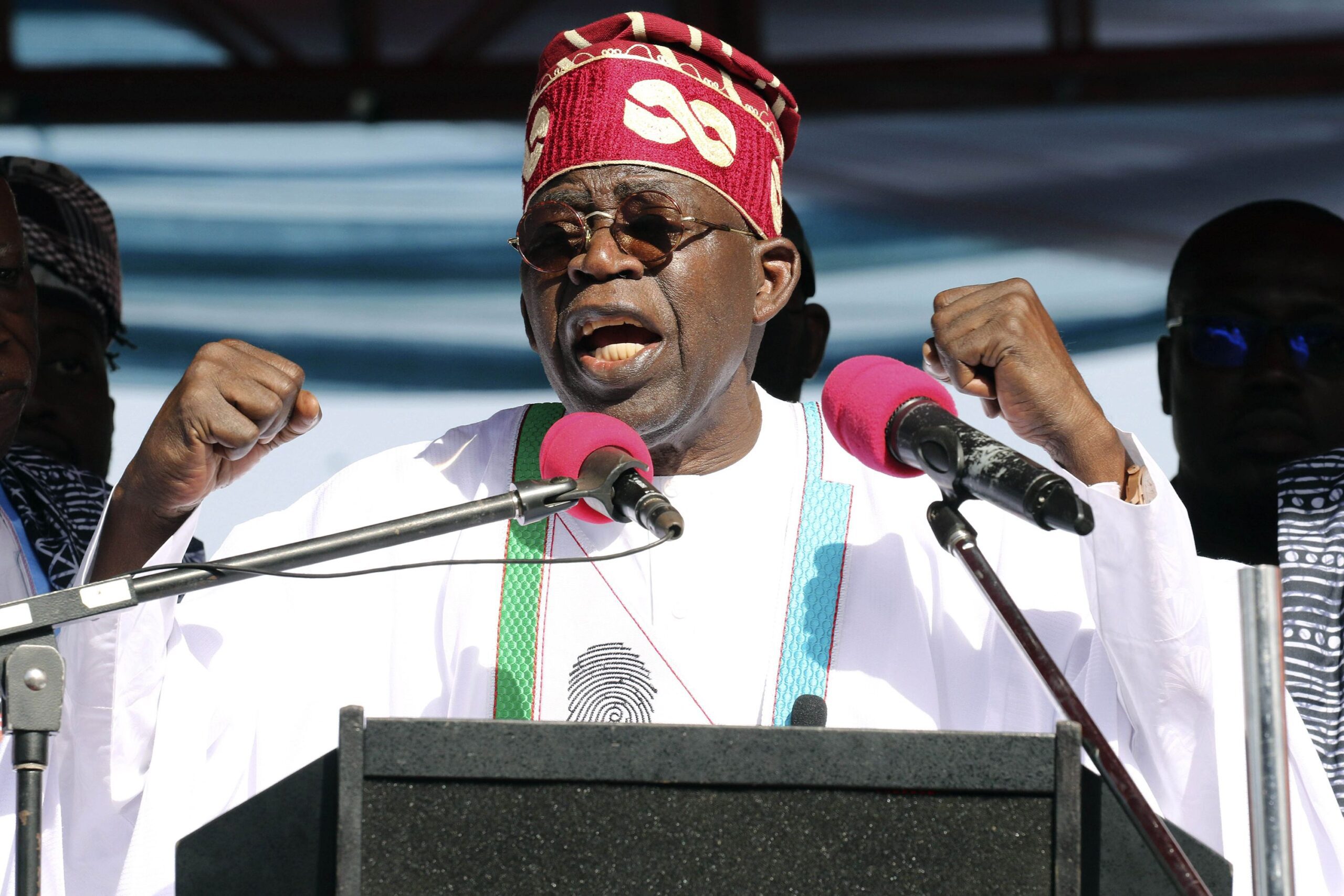News
Breaking – Nigeria’s Debts May Hit N60 trillion
The total debts may climb higher as deficit financing for the 2021 budget kicks in.

As Federal Government convert its N11.91 trillion indebtedness to the Central Bank of Nigeria (CBN) to formal securitised loans, Nigeria’s debts may rise above N60 trillion by the end of first quarter.
Last year, the Federal Government obtained N2.86 billion through the “ways and means” of the CBN to partly finance the 2020 budget deficit of N6.15 trillion.
With the outstanding balance of N9.04 trillion in 2019, the 2020 borrowings pushed government’s outstanding balance to the apex bank to N11.91 trillion.
Total debts may climb higher as deficit financing for the 2021 budget kicks in. In 2021, overall budget deficit is projected to be N5.60 trillion representing 3.93 per cent of the Gross Domestic Product (GDP).
The budget deficit is to be financed mainly by borrowings including Domestic sources, N2.34 trillion; Foreign sources, N2.34 trillion; Multi-lateral/Bi-lateral loan drawdowns, N709.69 billion and Privatisation Proceeds, N205.15 billion.
Speaking at the 2021 budget breakdown session, Finance, Budget and National Planning Minister Mrs. Zainab Ahmed, said the government was working with the CBN to regularise the previous borrowing that have been made by turning them into formal borrowing by the local economy.
Official reports by the Debt Management Office (DMO), which oversees Nigeria’s debt issuances and management, showed that Nigeria’s total debts stood at N47.8 trillion by the third quarter ended September 30, 2020.
These consisted of external debts of N31.98 trillion and domestic debts of N15.846 trillion.









